| Bag Width Range | 80-240 mm | Weight | 1500 kg |
| Bag Length Range | 150-370 mm | Total power | 3.02 kw |
| Filling weight | ≤ 1500g | Compress air | ≥ 0.4 m³/min |
| Max Speed | ≤ 60 bags/min | Dimensions | 1860 mm*1520 mm*1550 mm |
In the fast-paced world of manufacturing and logistics, carton packing machines stand as backbone equipment, streamlining the transition from finished products to shippable goods. These machines not only cut down manual labor costs but also ensure consistent packaging quality—critical for protecting items during transit and enhancing brand reputation. With diverse industry needs ranging from small-batch production to 24/7 high-volume lines, understanding the different types of carton packing machines becomes essential for making informed equipment investments.
Video: Automatic carton packing machine
Automation level is the most fundamental distinction among carton packing machines, directly impacting production efficiency, labor requirements, and long-term ROI. This classification caters to businesses of all sizes, from startups to large-scale manufacturers.
Fully automatic carton packing machines operate with minimal human intervention, handling everything from carton erection and product loading to sealing and output. Equipped with PLC control systems and servo drives, they adjust automatically to different carton sizes and product configurations, supporting speeds of 30+ units per minute for continuous production lines. While the upfront cost is higher, they deliver significant savings through reduced labor expenses and consistent output, making them indispensable for e-commerce fulfillment centers and large manufacturing facilities.
Semi-automatic carton packing machines strike a balance between manual operation and mechanization. Typically, an operator loads flat carton blanks or feeds products into the machine, while the equipment handles core tasks like folding, forming, or sealing. These machines are ideal for small to medium production volumes, offering lower initial investment and flexible operation—perfect for businesses with fluctuating order sizes or limited floor space. Their compact design allows easy integration into existing workflows without requiring major layout overhauls.
Manual carton packing machines represent the most basic category, relying primarily on human operation with mechanical assistance for tasks like folding or taping. These are best suited for low-volume, specialized applications—such as custom packaging for unique products—where automation would be cost-prohibitive. They offer maximum flexibility but lack the efficiency of automated alternatives.
Carton packing machines can also be segmented by their core functional roles within a packaging line, each addressing a specific step in the process from flat blank to sealed carton.
Carton erectors (or case formers) specialize in transforming flat cardboard blanks into fully erected, bottom-sealed cartons. Available in vertical and horizontal models, vertical erectors handle lower speeds (up to 10 cartons per minute) and suit space-constrained areas, while horizontal versions reach 30–50 cartons per minute for higher-volume needs. They use vacuum cups to retrieve blanks and mechanical devices to fold flaps, with options for tape or glue sealing to prepare cartons for product loading.
Case packers are designed to load products into pre-formed cartons, with variations tailored to product type and fragility. Drop-type case packers allow products to fall gently into cartons, ideal for stable items like cans or bottles, while grip-type models use mechanical arms to carefully place delicate products—common in the food and beverage industry. Wrap-around case packers take a different approach, forming the carton around the product as it moves along the conveyor, offering efficiency for uniform items.
Carton sealers complete the packaging process by securing carton tops and bottoms. They are categorized by sealing method: tape sealers (cost-effective and fast for general use), hot melting sealers (providing water-resistant, aesthetically pleasing seals for premium products), and buckle sealers (durable for heavy-duty industrial cartons). "Random" sealers, a specialized subset, automatically adjust to varying carton sizes without manual reconfiguration—essential for e-commerce operations handling diverse product dimensions.
Palletizers round out the end-of-line process, stacking sealed cartons onto pallets for storage and shipment. Low-level palletizers are compact and integrate easily with existing lines, while high-level models handle faster speeds for large-scale operations. Robotic palletizers offer the greatest flexibility, adapting to different stack patterns and carton types with minimal adjustments.
Certain industries demand specialized carton packing machines tailored to unique regulatory or product requirements, ensuring compliance and optimal performance.
Pharmaceutical-grade carton packing machines prioritize hygiene, precision, and traceability. These systems automatically insert product direction,print batch numbers and expiration dates, and conduct in-line quality checks to meet strict GMP standards. Their gentle handling capabilities protect delicate items like blister packs and syringes, while closed-loop control systems prevent contamination—critical for healthcare products.
Food and beverage carton packing machines focus on speed, sanitation, and product protection. They handle diverse packaging needs, from wrapping-around bottles to forming cartons for frozen foods. Stainless steel constructions facilitate easy cleaning, while moisture-resistant sealing prevents spoilage during transit. Many models integrate with date coders and weight checkers to ensure compliance with food safety regulations.
E-commerce-focused carton packing machines are built for versatility, addressing the challenge of packaging products of varying sizes and shapes. Random carton sealers and adjustable case formers eliminate the need for manual size changes, while integrated weighing systems optimize carton selection to reduce material waste. These machines support rapid order fulfillment, a key competitive advantage in online retail.
Selecting the appropriate carton packing machine depends on three key factors: production volume (dictating automation level), product characteristics (fragility, size, and shape), and industry regulations (hygiene or traceability requirements). Whether you’re a small business seeking a cost-effective semi-automatic solution or a large manufacturer needing a fully integrated line, understanding these machine types ensures you invest in equipment that scales with your operations.
Ready to explore which carton packing machine type aligns with your business needs? Browse our comprehensive product catalog or contact UnionPACK technical team for a personalized consultation today.
AI Assistance: This content was created with partial AI support, enhanced and refined by industry experts to ensure accuracy and authenticity,AI rate is less than 30%.
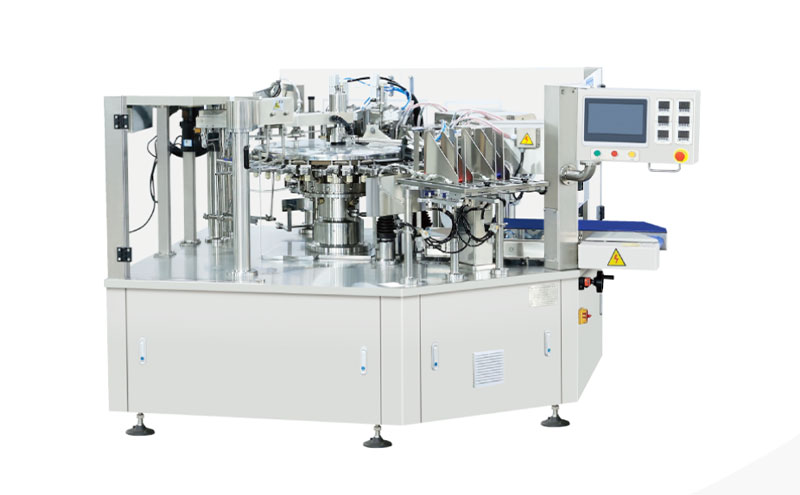
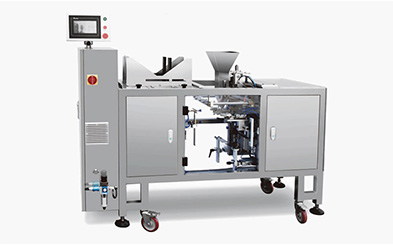
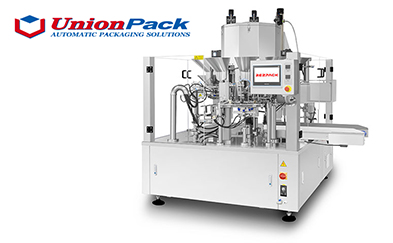
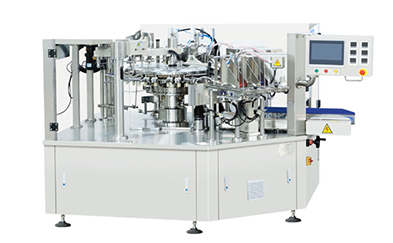
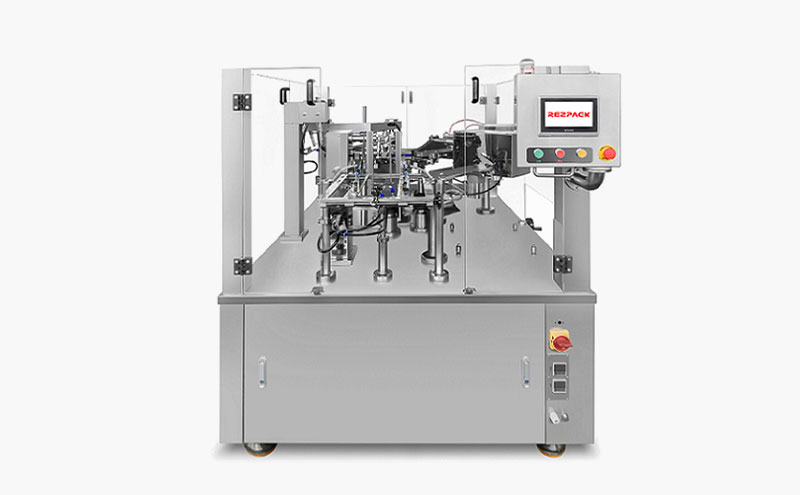
| Bag Width Range | 80-240 mm | Weight | 1500 kg |
| Bag Length Range | 150-370 mm | Total power | 3.02 kw |
| Filling weight | ≤ 1500g | Compress air | ≥ 0.4 m³/min |
| Max Speed | ≤ 60 bags/min | Dimensions | 1860 mm*1520 mm*1550 mm |
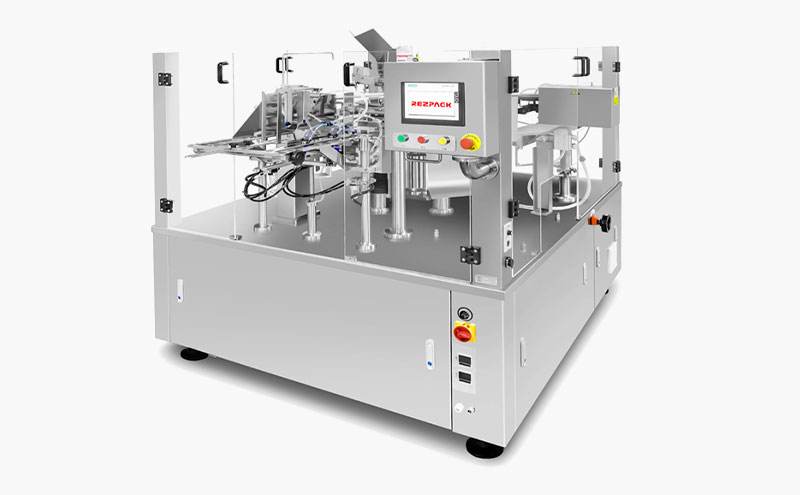
| Bag Width Range | 180-300 mm | Weight | 1800 kg |
| Bag Length Range | 150-450 mm | Total power | 3.62 kw |
| Filling weight | ≤ 2500 g | Compress air | ≥ 0.4 m³/min |
| Max Speed | ≤ 50 bags/min | Dimensions | 2080 mm*1720 mm*1650mm |
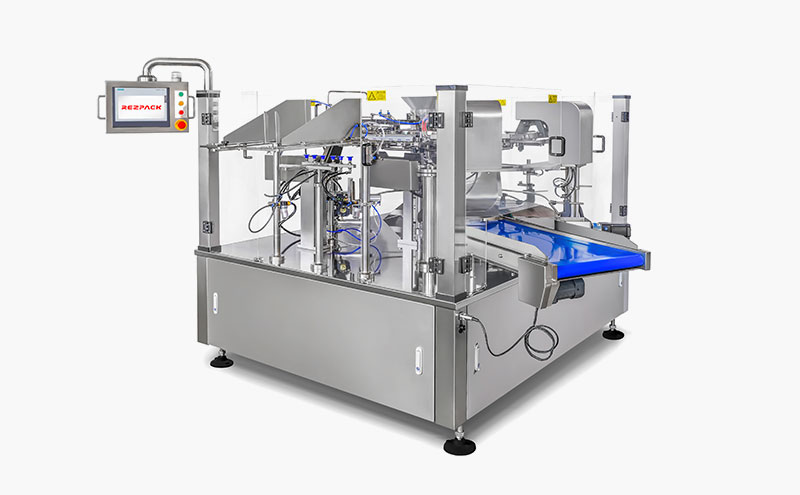
| Bag Width Range | 270-400 mm | Weight | 2500 kg |
| Bag Length Range | 150-600 mm | Total power | 3.62 kw |
| Filling Range | ≤ 5000g | Compress air | ≥ 0.4 m³/min |
| Max Speed | ≤ 30 bags/min | Dimensions | 2150 mm*2020 mm*1700 mm |